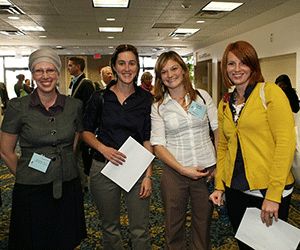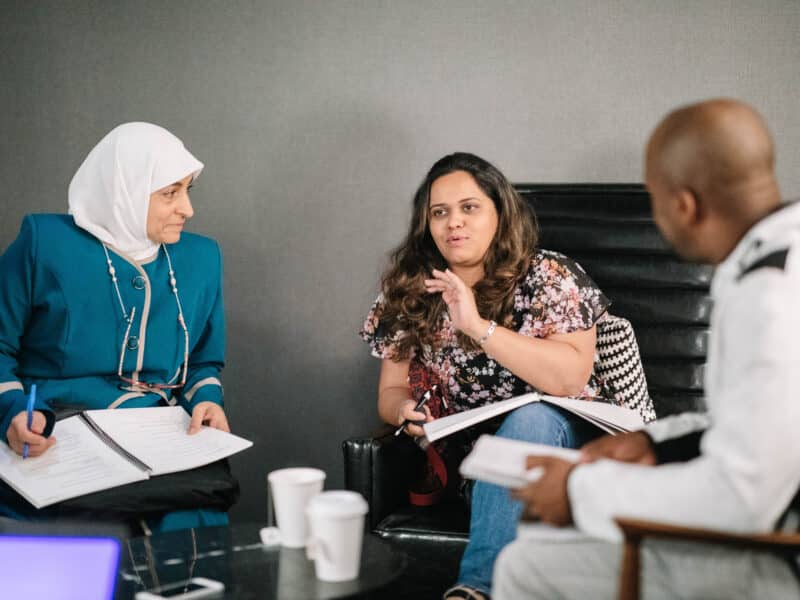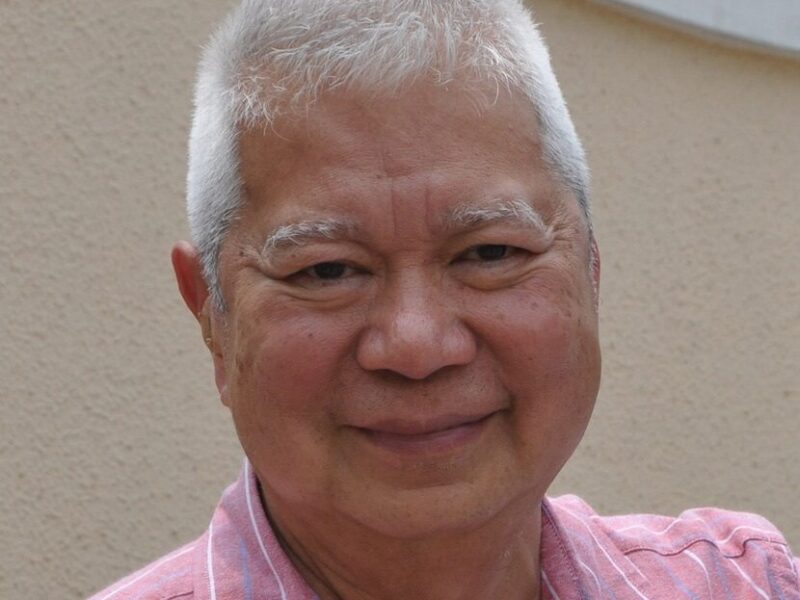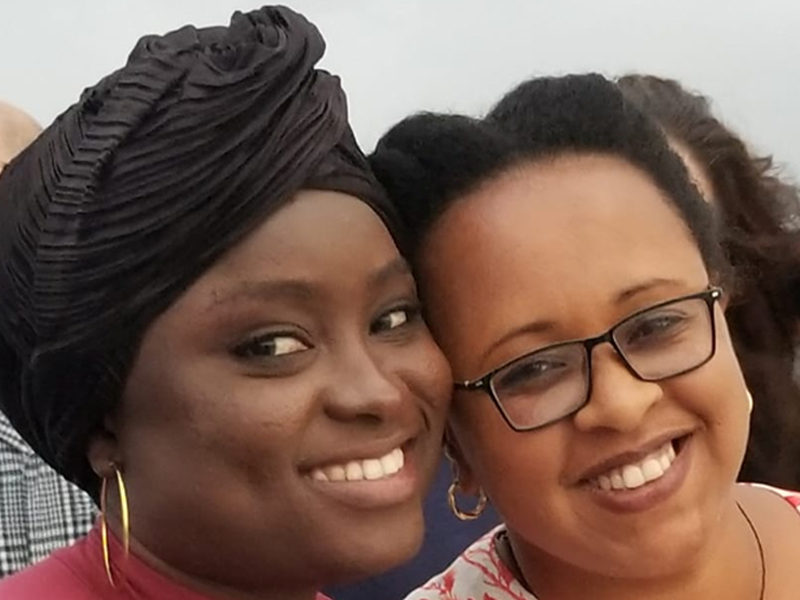Insecticidal nets. Health Information. Religious Leaders. CCP staff presented on a broad array of topics at the 10th annual USAID Global Health Mini-University.
The annual mini-university is a day-long forum that brings together participants interested in international health with public health practitioners, academics, and policy makers. This year’s event was held on October 8 at George Washington University in Washington, DC, and offered up over 60 sessions; CCP staff were active contributors to the rich schedule.
Long lasting insecticidal nets (LLINs) are effective in preventing malaria; however they are only effective when they are used consistently, by everyone, every night, was the message of Hannah Koenker and Andrea Brown’s presentation, Three Toots for Net Use: BCC and malaria prevention in Senegal, which described the unique approach taken in a Senegalese malaria prevention campaign.
Angela Nash-Mercado and Ruwaida Salem’s presentation, What’s in your toolkit? Approaches to creating useful collections of key health information resources, provided participants with an overview of K4Health eToolkits which serve as an electronic library of relevant and reliable resources on specific health topics that are easily accessible to health care professionals worldwide, especially in the developing world.
In Men, Motherhood, and Mosques: Engaging Religious Leaders 101, Heather Sanders and Kimberly Rook shared lessons learned about involving religious leaders drawn from projects in Nigeria, Pakistan, and Jordan. Their message was that it is critical to include these leaders at all stages of programming, from planning and design, to implementation and evaluation.





